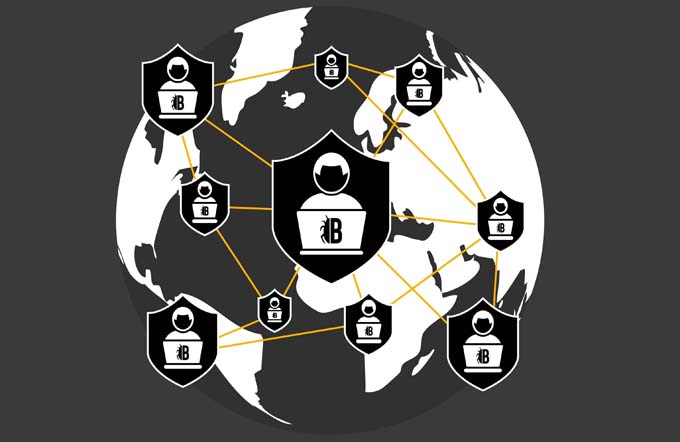ESET study: More investment in security because of Corona
The ESET study of the security software of the same name provides information about the IT security and investment policy of Swiss companies after the lockdown.

Even without the ESET study one can guess: Almost 90 percent of companies in Switzerland plan to use the home office as a permanent working model. However, data protection and IT security fall by the wayside in many places. So what is really changing? What impact does the corona pandemic have on the willingness of companies to invest?
As part of a business survey, the European IT security manufacturer ESET took the pulse of over 100 companies in Switzerland with regard to their security policies for working at home. The result shows that the majority of companies continue to rely on the usual, centrally managed security solutions such as virus protection and firewalls even after the lockdown.
Protection in the home office: Nine out of ten companies already protect themselves
The majority (68 %) of those surveyed rely on managed IT security solutions such as virus protection and firewall. After all, encryption is already used in two out of five companies. However, one in ten companies does not know exactly how the data on the home office computers is protected.
More than half of them secure access to the company network only with a password
But the ESET study also reveals some frightening facts: DSGVO-compliant home office workplaces are the exception rather than the rule. The majority of companies protect access to the corporate network with a password only, and only just one-third of them grant access with a VPN network or two-factor authentication. Rainer Schwegler, Country Leader Switzerland at ESET, comments: "It's easy for cyber criminals to crack passwords. This makes a comprehensively protected IT infrastructure all the more important. Multi-factor accesses are easy to set up and offer significantly more protection".
Investment strategy adapted to increased security requirements
In their investment strategy, Swiss companies are reacting to the changed security situation associated with the home office. Although many companies have to tighten their belts because of Corona, four out of ten do not intend to postpone investments. Around two thirds of those surveyed even plan to invest more money in their infrastructures.
If more money is spent, it is on security in general. And in equal parts in encryption solutions for notebooks, virus protection and two-factor authentication with 25% each. VPN (21%) and managed services (17%) are catching up.
"The companies have recognized that they are all the more vulnerable when working in a decentralized manner and the infrastructures have to be accessed outside the office," explains Rainer Schwegler. "First of all, they are extending their tried and tested solutions such as encryption or virus protection to mobile devices. But they are also increasingly realizing that their security know-how is reaching its limits. MSP offers relief here - not only in terms of the professionalism of the security services, but also in terms of their immediate availability and cost efficiency".
Manufacturers, specialist retailers and system houses can therefore expect higher growth rates in these areas until the end of 2020.
Key points of the ESET long-term study:
- Corona crisis: Germany and Switzerland in comparison
- Data security in times of home office and mobile working
- Climate for digitisation and investment
- Advancement through technology? Private sector, authorities and ministries in comparison
- Productivity check: differences at country and sector level
- In which IT areas will more be invested in the future?
The long-term study is available for free download on the following website: https://datasecurityguide.eset.com/de/studie-wirtschaft-2020-arbeitswelt-im-wandel-der-corona-pandemie









